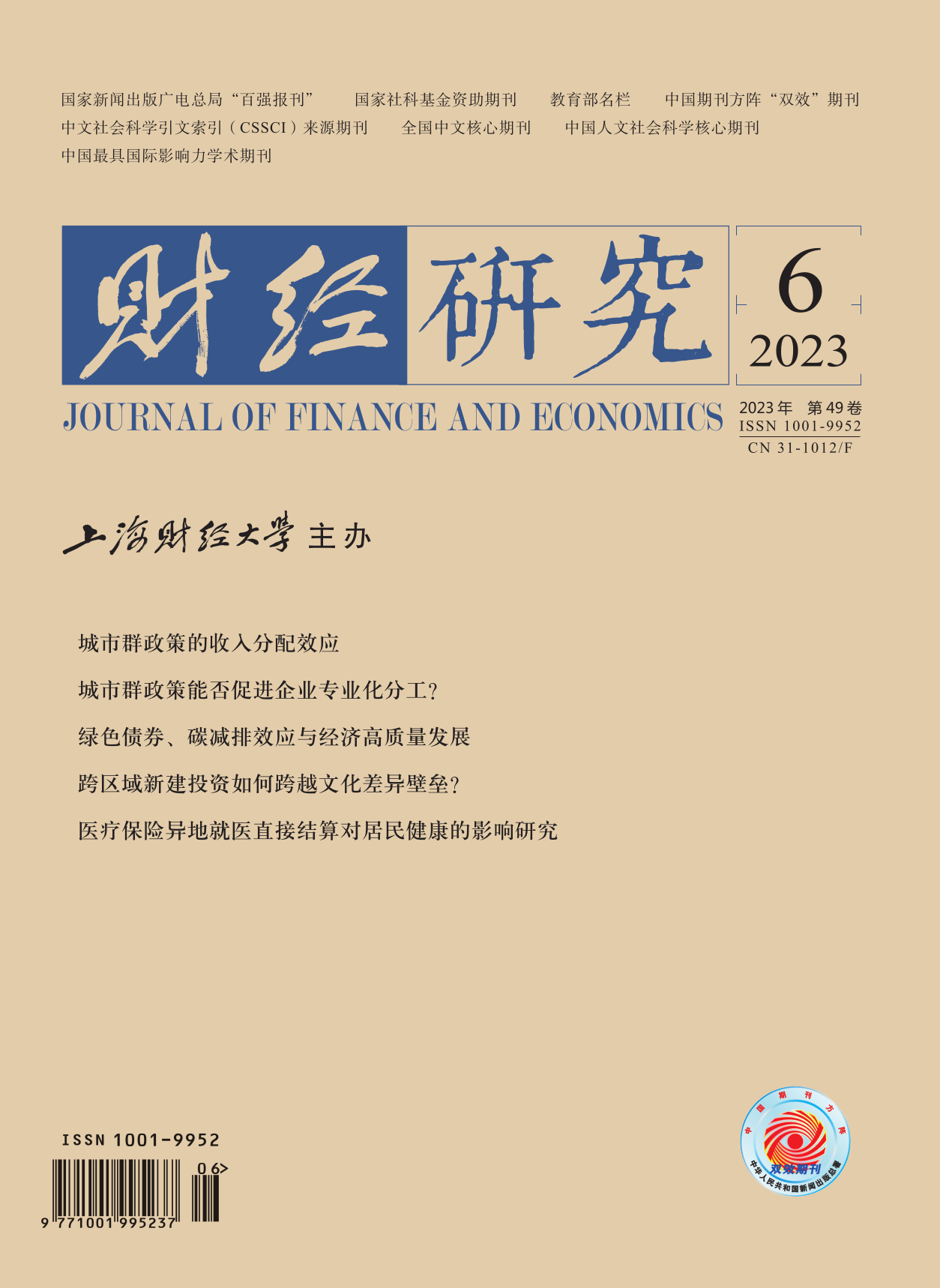Thanks to the support of macro policies and the efforts of micro market entities, the Chinese economy has shown strong resilience to the impact of COVID-19 epidemic since 2020. China proposes for the first time the policy of “ensure security in the six areas”, focusing on micro-market entities and “providing solid support for stabilizing growth and employment by developing and strengthening market entities”. Then, who is protecting market entities? How to promote the establishment of cross-regional market entities? What roles do non-economic factors such as cultural differences play in creating a unified national market for capital flow?
In order to answer the above questions, based on the investment data of Chinese listed companies that established cross-regional market entities from 2008 to 2019 as research samples, this paper introduces surname distance, which includes both natural and social attributes, as a proxy variable for cultural differences, to examine the impact of cultural differences between the source and destination of capital flow on the cross-regional market entities in cross-regional capital flow. The results show that compared with the cultural differences between the regions where enterprises are located, the cultural background differences of entrepreneurs have a more significant impact on the establishment of cross-regional market entities, and are an important barrier to cross-regional capital flow. Further research also shows that the lack of bilateral trust is an important mechanism for cultural differences to hinder the establishment of cross-regional market entities, and a good business environment can offset its adverse effect to some extent. Therefore, only by narrowing the distance with entrepreneurs, enhancing bilateral trust, and paying more attention to the construction of business environment, can it be more likely to overcome the barriers of cultural differences in the establishment of cross-regional market entities and create a large unified domestic market for capital flows.
The contributions of this paper are that: First, it focuses on China, a natural platform of institutional consistency, for the first time. On the basis of minimizing the potential impact of institutional differences and maintaining the net effect of cultural differences, it studies the impact of cultural differences on cross-regional investment. Second, it further compares the different roles of the cultural background of the regions where enterprises are located and the cultural background of entrepreneurs on cross-regional investment. The cultural background of “entrepreneurs” as the core of enterprises is the deeper reason that has a profound effect on corporate behavior. Third, it deeply explores the mechanism by which cultural differences affect cross-regional investment. In particular, from both theoretical analysis and empirical evidence, it is supported that bilateral trust is the main mechanism for cultural differences to affect cross-regional investment, while the strengthening of business environment can be used as a remedy.





 6486
6486  6873
6873

